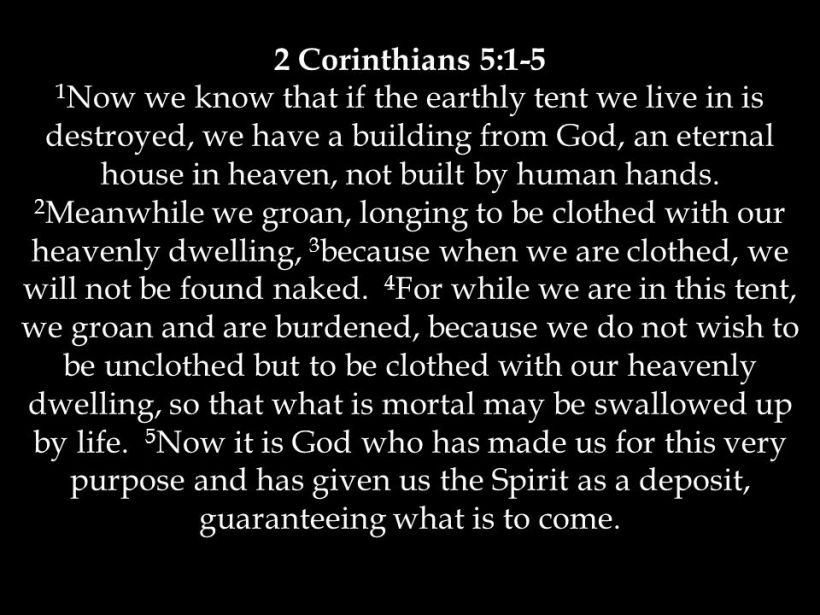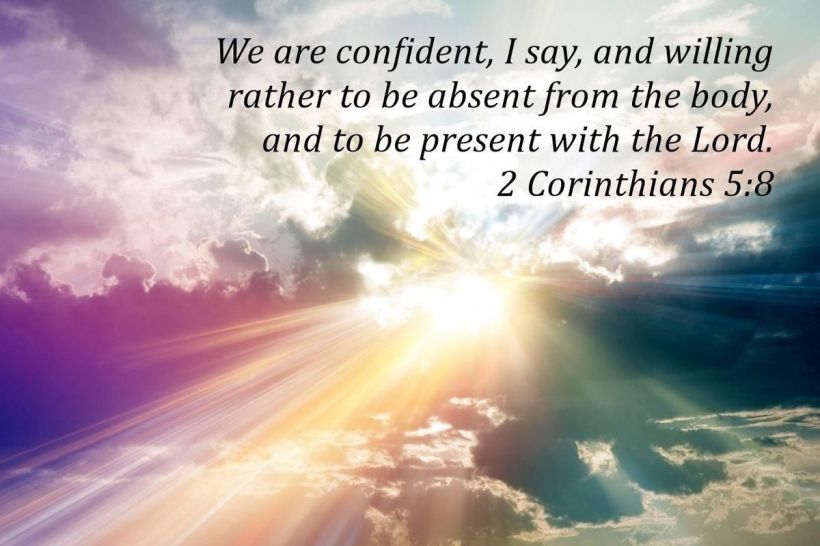The Quiet Man
A 1952 film directed by John Ford, and one of my personal favorites, starring John Wayne, Maureen O’Hara, Barry Fitzgerald, Ward Bond, and Victor McLaglen. The story takes place in Innisfree, Ireland. John Wayne’s character Sean’s quiet manner is attributed to a tragedy he experienced prior to his return to Ireland. As a heavy-weight boxer in America, he had accidentally killed an opponent in the ring. Devastated by the death, Sean quit the sport, vowing never to throw a punch again. Although the movie is considered an American romantic, comedy-drama, I was personally drawn to the man’s character whose past had relegated him to a life of quietness. The movie does the transition from the gentle and quiet man to a man who falls in love with Maureen O’Hara’s character and the interaction between the rest of the cast. And of course, the ending is the typical Hollywood, happy ever after conclusion. Whatever happened to that trend today?
SCRIPTURE READING: Living the Quiet Life – 1 Thessalonians 4:9-12
Today, the phrase “quiet life” suggests one of rest or silent in nature. But as Christians, we are to exude zeal and passion for the Christ we serve, right? Taken literally in our terms, being “quiet” is in conflict with proclaiming the gospel message. In our language, the word “quiet” refers to sound. However, when I began to investigate the Greek meaning, it had a much broader meaning. When you look at the ways that the Greek word is used, you see an underlying theme of tranquility of spirit. So quiet doesn’t mean that we sit in our pews becoming nothing but bumps on logs.
We must remain faithful to Christ and serve Him however we can, not destroyed by our idleness.
The Greek language uses three words that are generally translated as “quiet” or “silent”:
- phimao – literally “to close the mouth with a muzzle.” (Matthew 22:34; Mark 1:25; Mark 4:39).
- sigao – normally translated “silence.” It’s not necessarily that speech is forbidden, but that discussion should be ceased, such as in Luke 9:36. Also in 1 Corinthians 14:14, the problem was aggressive women who were told to keep silent, since their conduct was contrary to biblical principle.
- And the third is our word for “quiet”, or “silence”, hesuchago. It refers to an absence of internal disturbance, tranquility arising from within, and is used most of the time in regard to tensions and conflicts. It’s not necessarily an absence of words but the absence of controversial speech. [See footnote [i].]
 This brings us back to our verse, 1 Thessalonians 4:11, “to lead a quiet life.” It is a one-word verb in present tense form, meaning a continual, ongoing habit of life. Who better than Paul himself to demonstrate this quiet life in action.
This brings us back to our verse, 1 Thessalonians 4:11, “to lead a quiet life.” It is a one-word verb in present tense form, meaning a continual, ongoing habit of life. Who better than Paul himself to demonstrate this quiet life in action.
In Acts 17, Paul went to speak to the Jews of Thessalonica and several formed a mob to get him. Rather than fight, he went on to the next city. Look what happened (17:10): As soon as it was night, the believers sent Paul and Silas away to Berea. On arriving there, they went to the Jewish synagogue.
Not once, but twice, the very city he’s writing to about the quiet life attacked Paul. Notice that Paul doesn’t slam them around, call them names, point fingers, or attack their character. In love, he demonstrates resolve that more Christians need to demonstrate in this modern time. Instead of undermining them, Paul seeks to build them up and motivate them to action.
Self-control is one of the fruits of the Spirit and when exercised, our lives will be characterized by inner strength and peace that Paul is referring to here.
People should be able to see Christians as being at peace in times of conflict, not given to outbursts of anger, criticism, or violence. Love will always (and I’m still learning this) opens more doors than anger or exorbitant emotions.
Passion is essential if we are to be solid Christians, but there are also three little letters that come before the word that make a world of difference. When Jesus saw the multitudes, what did He feel?
COMpassion!
When we seek the quiet life, we must first seek compassion for God’s desire in our life, the needs of others as well as for our own needs. Does this give us free rein to correct everyone we see making mistakes? Paul warns us to …
MIND YOUR OWN BUSINESS!
I need to paraphrase the above: “Keep your nose clean and keep it out of other’s lives!” That first sounds a bit contrary to the gospel. How can we tell others that they’ve got a sin problem if we don’t get into their business?
There’s a difference here between showing concern for an individual’s spiritual needs and becoming a “busybody”; seeking nitpicky excuses to get involved in the lives of others. And yes, we should watch out for one another’s welfare. Yes, we should also seek to help each other overcome our weaknesses. And no, we can’t make these words sound like we shouldn’t seek to admonish, rebuke or restore an erring brother or sister in Christ.
Just as in the case of Paul and the Thessalonians, he saw that a spiritual need was there and it needed to be corrected, and thus he writes them in the church. Did he try to intimidate them or embarrass them? Did he go to a committee to back up his actions? No! He confronted them on his own and in the Spirit and reproofed them accordingly in love.
Now I know that most of the time, we don’t look to cause problems and blast someone. But, I know in my own case, I’ve been guilty of this as well. If we get too involved or to passionate about service over self-control, we wind up pushing people further away than when we started. This goes for Christians as well as the lost.
What happens when someone who works for the kingdom makes a mistake?
If it’s the first time, do we A) bring it before the Church publicly, B) talk about it behind their back, or C) pull them aside and privately speak about the problem? According to Matthew 18:15 and Acts 18:24-28, the answer is “C”.
The Bible refers to the tongue as a double-edged sword for a major purpose. The tongue is the human body’s most deadly weapon. In a single word, you can damage your testimony in Christ–Not just temporarily, but for the rest of your life here on Earth.
Always think before you speak!
Because this double-edged sword can also be one of God’s greatest healing instruments. When LOVE is used to explain our position instead of our own desires for what we think is right, then not only are there no hurt feelings, but there is PEACE– the very tranquility that Paul is talking about here.
The PEACE & QUIET that we desire in our lives and in our Church cannot exist unless we maintain a proper distinction between a true loving concern for our brother’s and sister’s welfare and pure opinion-based busybodyness.
If we are to be beacons of truth, and show the world we seek peace (rest), then all of us should be able to present our lives as examples of that PEACE.
From my own experience in helping raise three children, I found that you can’t teach patience to a child while losing your mind. You can’t teach them to save, budget, and spend wisely, while “rewarding yourself” with MasterCard. You will not teach them to be sincere and kind, while you unmercifully gossip about the flaws of others behind their backs.
Likewise, to live in this quiet life is to be an example of those lost children of the world who might be looking for a further reason to rebel against their heavenly Father, or who might be looking into finding out what’s in store if they seek a closer relationship with Him.
There’s one more point that Paul expresses in this quiet lifestyle:
WORK WITH YOUR OWN HANDS (4:11)

This is a two-pronged statement by Paul. In Thessalonica, some people within the Church quit working altogether to be ready for Christ’s immediate return, or they had given up looking for work because of the persecution that came with being a Christian. This was going against Jesus’ teaching because simply put, if a man didn’t work, he didn’t eat. [2 Thess. 3:10]
Failing to provide for one’s family makes one worse than an unbeliever (See 1 Tim. 5:8). God rewards hard work and diligence with His blessing, and although from time to time, we may need assistance from our brethren (or even our government), we are not to rely on this exclusively. Remember to be content with what you have.
The second part of this statement involves the work of the Church. It’s important for each of us to do our part building up the body of Christ, but it isn’t important to get into the details and specifics. We don’t need to tell the congregation or an individual that I’ve given out the “X” number of Jesus Saves pamphlets, “X” number of Bibles, witnessed to “X” number of people. That’s not what Christ seeks. He wants people to know who He is and how they can become involved in a relationship with Him, and not about numbers or experiences we might have within the work. Why else would Paul write and tie all this in together?
Paul said in 1 Corinthians 1 that he was glad he didn’t baptize many in the city, because of the divisions it was causing, and stated that he hadn’t been crucified for them! He didn’t seek to brag, as the people did. It wasn’t about the WHO, WHAT, WHEN, WHERE, WHY, or HOW’S that people came to know and obey Christ. It was that they obediently sought the Kingdom of God.
Through our work, Jesus is building, but why be proud and pound your chest saying, “I brought them to Christ!” NO! They came to you, you planted the seed, and Jesus was there the whole time. You didn’t deliver them! He did, and we should quietly respect and revere the fact that He can do that, just as it was done for us. If I can’t bring myself to salvation, how can another person?
We must remember to be diligent in HIS work and not work for our own ambitions. Seek a quiet life and it will all work out for His greater Glory.
Remembering how our first verse started off on how we should make it our ambition to SEEK a Christ lead life. Ambition requires diligence and determination, not to mention patience, understanding, motivating, and persistence.
Not too QUIET. It’s definitely a lot more than sitting still and saying nothing! But not enough to cause us to stress over.
God will meet our needs IF…we are obedient to His will (His Word) in our lives.
The Lord wants us to practice PEACE as much now as He did back then. Division can come from many angles in the church and be started with the tiniest of words, but if we truly seek to be still, listen and know the Word of God over our tongues, then the words that divide us will fall down and peace will create solid unity.
1 Thessalonians 4:12 reads…
We should live in PEACE with one another…live in tranquility with one another…live in Christ with one another. We have to be willing to call Him the sole Lord of our life and be obedient to His will.
A Moment Of Quietness ~
______________________________________________________________________________
CREDITS & FOOTNOTES:
Commentary: Inside Outside – Sermon by Ed Vasicek on Aug. 31, 2007.
Music Video: Word Of God Speak – Mercy Me. YouTube
Bible Translations Used in the Text: New International Version (NIV); Amplified Bible (AMP); New Living Translation (NLT); English Standard Version (ESV).
Photo/Images: Google Image Search.
Movie Research: The Quiet Man, Wikipedia.
Footnotes: [i] Greek Word Studies – Friday, March 30, 2007. The word, “Quiet”.











